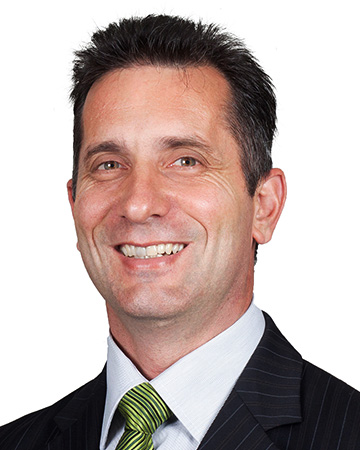Announcements
Welcome to the Department of Local Government, Industry Regulation and Safety
Reshaped department as part of Public Sector Reform.
Introducing our Corporate Executive Team
Find out more about our dedicated and experienced leaders supporting a safe, fair and resilient economy where Western Australian industries, workers, consumers and communities thrive.
Banned Drinkers Register to be permanent as part of WA liquor law reforms
The Banned Drinkers Register (BDR) will be made permanent under liquor law reforms that have been introduced into the WA Parliament, after it was found to have had a positive impact in the areas where it is currently being trialled.
Public Sector Reform
New department name and functions on 1 July .
















